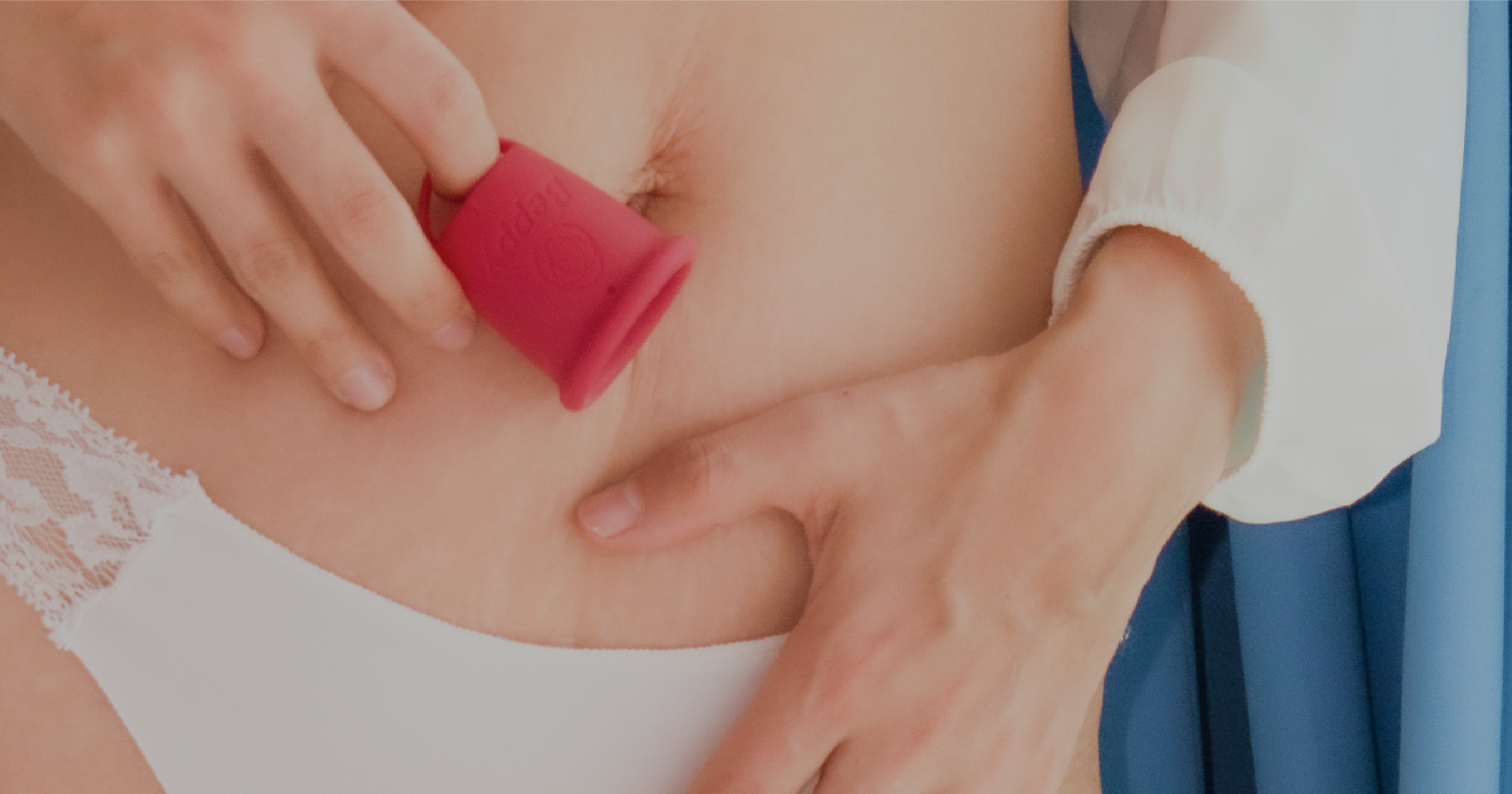
- Receive a free gift with orders over €30
- Customers rate us an average of 4.6 / 5 (882 reviews)

Is your period never really predictable? Sometimes it comes right on time, while the next month it starts unexpectedly early or remarkably late. You’re certainly not the only one. An irregular cycle is something many women deal with and it can be quite frustrating. In this blog, our experts tell you what an irregular cycle actually means, where it comes from and what you can do about it!
In a regular cycle, menstruation occurs approximately every 28 days, usually with a margin of a few days (for example, between 25 and 35 days). When this rhythm constantly changes or fluctuates greatly, we speak of an irregular cycle.
Characteristics of an irregular cycle:
Possible causes of an irregular cycle:
What can you do when you have an irregular cycle?
An irregular cycle can be frustrating, especially if you would like more predictability in your daily life or, for example, are working on a desire to have children. Fortunately, there are many ways to better understand and positively influence your cycle. It sometimes takes some patience and self-care, but small changes can make a big difference in the long run.
An irregular cycle can feel like you are losing control, but consider it a signal from your body. Be patient and kind to yourself. By listening carefully to what your body needs, making healthy choices and asking for help in time, you can often make a lot of progress.
When do you seek medical attention?
An irregular cycle is often harmless, but sometimes it can indicate underlying problems. Have you had no menstruation for a longer period of time (for example, longer than three months, without pregnancy), or do you have extremely heavy or painful blood loss? Then it is wise to contact your family doctor or gynecologist. They can investigate whether you have PCOS, endometriosis or a thyroid disorder, for example. Also, if you have a desire to have children and your cycle is very unpredictable, it is smart to seek medical help.
Many traditional disposable products, such as tampons and pads, contain traces of metals and other substances that can affect your hormone balance. Beppy offers a safe and sustainable alternative developed with your health and the environment in mind. Our innovative Hollow Tampon and menstrual cup are made of medical silicone, a skin-friendly material that is free of hormone disruptors and does not interfere with your natural cycle. In addition, the soft Beppy tampons are comfortable to use and free of irritating additives. Choose safe menstrual products that support your body!
Do you have any questions about our products? Then feel free to contact us! We are happy to help.